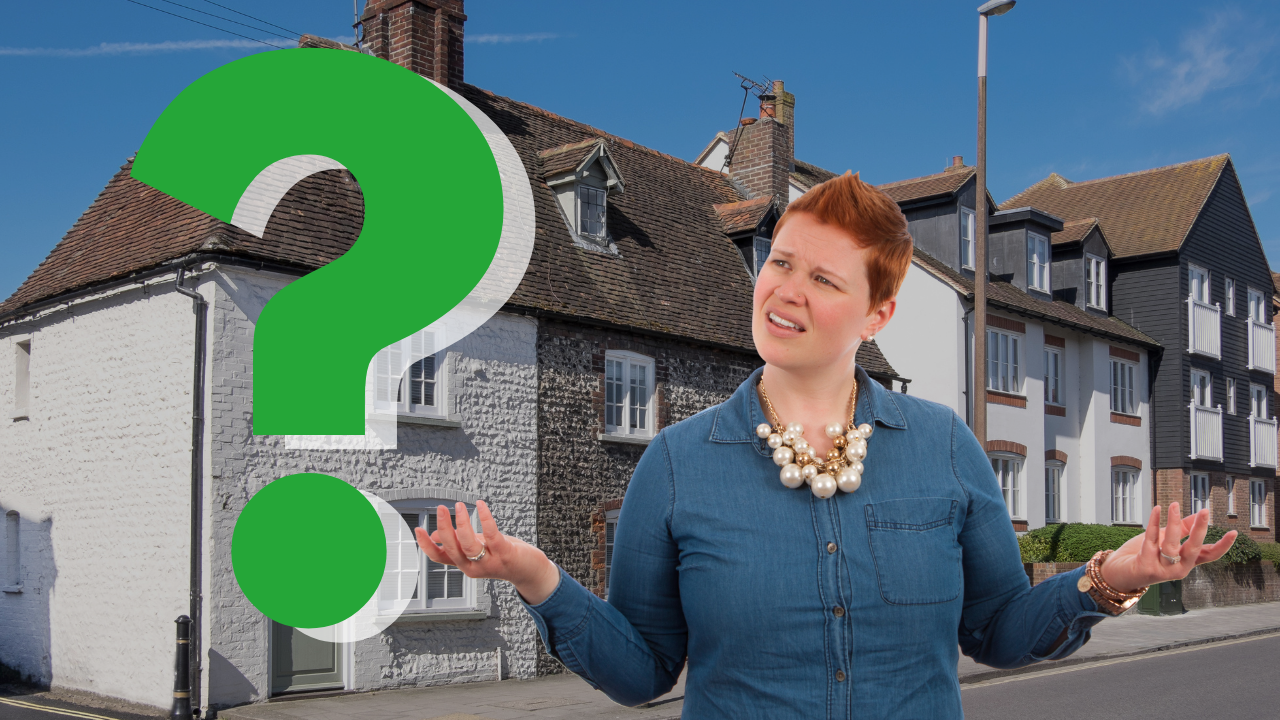Just getting started in property?

Less than 5% of people in UK invest in property - so it’s not for everyone. There are plenty of uninformed people who will tell you it’s a mug’s game and advise you not to risk your money, but if you have the desire and are willing to learn, it’s probably one of the least risky ways to turn a modest cash pot into a substantial profit.
So where do you start? Most people’s perception is that getting into property means buying a property and then renting it to tenants. But some successful property investors have never been a landlord - and don’t want to be a landlord. Being a landlord has responsibilities and if that’s not your thing, there are plenty of other ways to make money from property.
Flips: This is where you buy a property and then sell it again. If you get the right property and know where to offer it for sale, you can make a big chunk of money in one hit. The secret is to find motivated sellers who need to sell quickly and will accept offers below market value.
Buy Refurb Sell: This is where you find a dilapidated property, do it up to increase the value and then resell it at an enhanced value, getting your investment, refurb costs and a hefty profit in the process.
Planning gain: If you find a property with potential, but the changes require planning permission you might use this strategy. II may be applying for planning permission for an extension, a rebuild or a change of use e.g. commercial to residential. Then you can sell it on with planning permission in place - and you don’t actually need to do anything except acquire the planning permission..
Conversions: The other side of the planning gain coin is to be the person who buys a property with planning permission and do the work and then sell the converted property on.
If you do decide to go down the landlord route, there are several ways to do this. It doesn’t get the fast returns that buying and selling does, but it provides a regular income while your equity in the property increases (usually, occasionally property prices drop, but they tend to recover).
Obviously you have to provide the service your tenants expect and this will vary on the type of tenancy you’re offering.
A single tenancy, where one tenant or family rent your property on an AST. You’ll be responsible for upkeep of the exterior of the property, but the tenant will look after the interiors (and the garden). Most AST tenants take good care of the property as it’s their home, so you won’t have a huge amount of work to do. However, the monthly income is likely to be lower overall than some other options. Also people with ASTs will pay their own bills - council tax, utilities, etc.
Rent a room - you can have one property and offer single rooms to different people. So each tenant pays you a monthly rental for their room and access to communal areas, e.g kitchen etc. These are known as HMOs (homes with multiple occupancy).
You will need to apply to your local council for a licence to operate your property as this and you’ll may want to consider providing ensuite bathrooms, additional cooking facilities in the kitchen to accommodate more people and proper locks on the doors. You will probably need to invest in a cleaning service for the communal areas. However, the aggregate of rental from several independent tenants will produce a higher overall income. Also you will have to pay the bills, hence the higher rental expectation.
Serviced accommodation: If you offer a fully-furnished property you can offer it on short term lets from as little as a single night. The income from this is likely to be much higher, but so are the costs as you’ll need to provide linen, kitchen equipment (and maybe the basics such as tea/coffee etc.) and also cleaning between every let.
Finding potential clients can be done through platforms such as Airbnb.
Holiday lets are a variation on the serviced accommodation option, but tend to be for minimum periods of a week or sometimes long weekends (Friday to Monday). Again short term tenants have higher expectations - and you will need to take into account that 100% occupancy is virtually impossible to achieve.
Financing your deals
Finance plays a role too. Most people can get a standard buy-to-let mortgage, but HMOs and serviced accommodation require a different kind of mortgage and lenders usually require evidence of some experience.
If you’re buying and selling a mortgage is not the best way to finance your purchases. Early redemption of a mortgage will blitz your credit record. Lenders don’t like short-term borrowers - and the news will soon get out in the lenders community.
All these options are possible and can be profitable, providing you learn the right way to go about it.
You can learn more here:
- Contact Kevin Wright over on his Facebook page.
- Browse the Recycle Your Cash online training library by clicking here.
- Attend an upcoming 1-Day Property Finance Masterclass event - Book in here.






